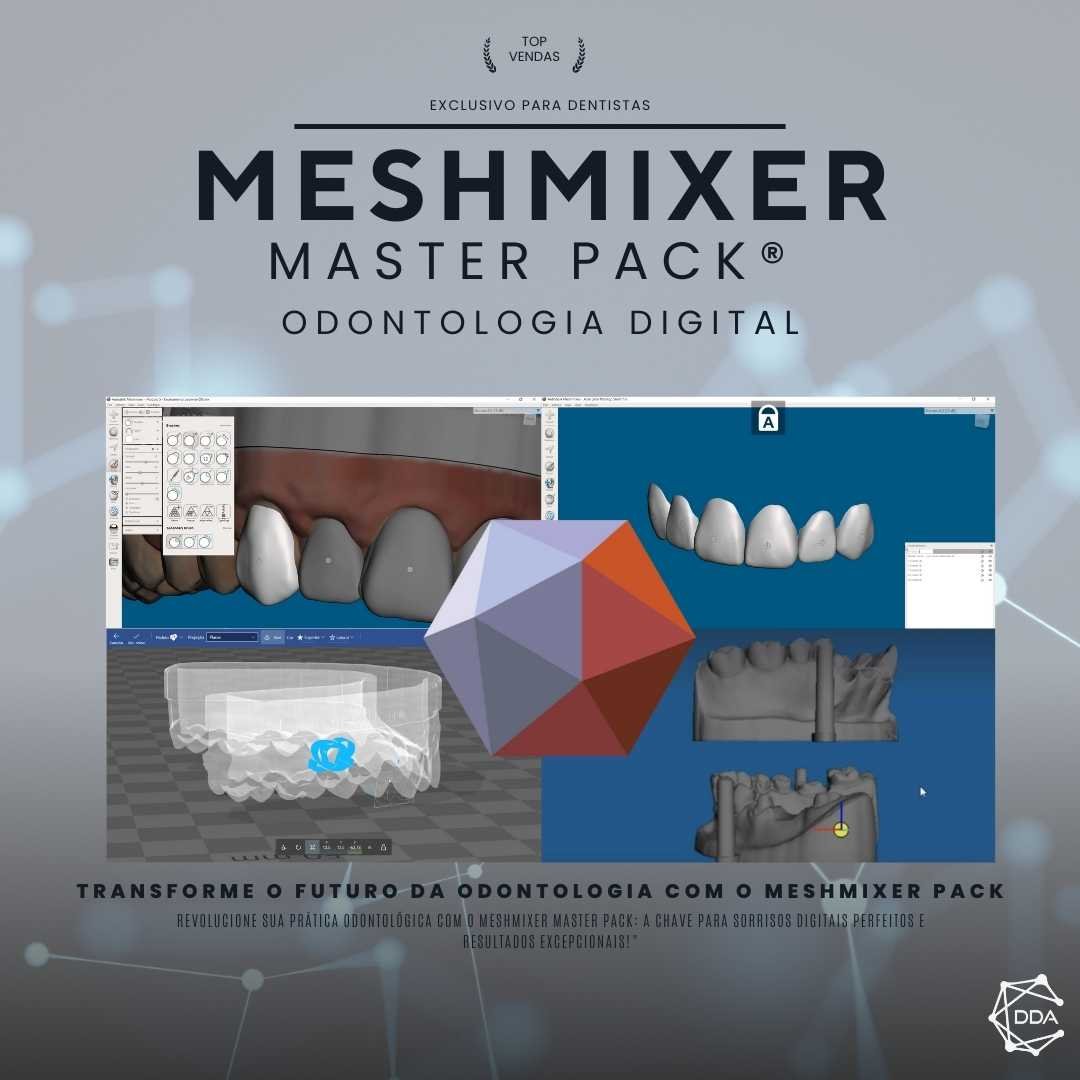What is it: Digital Genetics Applied to Dentistry
Digital genetics applied to dentistry is an area of study that combines advances in genetics and digital technology to improve dental treatments. This innovative approach allows dental professionals to personalize oral health care based on patients' individual genetic characteristics.
How Digital Genetics Applied to Dentistry works
Digital genetics applied to dentistry uses genetic sequencing techniques to analyze patients' DNA. This analysis provides valuable information about each individual's genetic predisposition to certain oral conditions, such as cavities, periodontal disease and dental anomalies.
Based on this genetic data, dental professionals can develop personalized treatment plans that take into account each patient's specific needs. This allows for more effective and targeted care, resulting in better outcomes and patient satisfaction.
Benefits of Digital Genetics Applied to Dentistry
Digital genetics applied to dentistry offers a series of benefits for both patients and dental professionals. Some of the key benefits include:
1. More precise treatments: By taking patients' individual genetic characteristics into account, dental professionals can develop more accurate and effective treatment plans.
2. Prevention of oral diseases: With genetic analysis, it is possible to identify a patient's predisposition to certain oral conditions and take preventive measures before these diseases develop.
3. Reduction of side effects: With personalized treatment, it is possible to minimize unwanted side effects, since therapies are adapted to the genetic characteristics of each patient.
4. Improvement in treatment efficiency: By personalizing oral health care based on patients' genetic characteristics, it is possible to optimize the efficiency of treatments, reducing the time needed to achieve desired results.
Applications of Digital Genetics Applied to Dentistry
Digital genetics applied to dentistry has a wide range of applications in dental practice. Some examples include:
1. Orthodontics: With genetic analysis, it is possible to identify a patient's predisposition to certain dental anomalies, allowing for more accurate and effective planning of orthodontic treatment.
2. Dental Implants: Digital genetics can help determine the likelihood of success for a dental implant in a specific patient, allowing for a more personalized and safer approach.
3. Treatment of periodontal diseases: With genetic analysis, it is possible to identify the genetic factors that contribute to the development of periodontal diseases, allowing for more targeted and effective treatment.
4. Tooth Decay: Digital genetics can help identify genes associated with susceptibility to tooth decay, enabling more effective planning of preventative and treatment measures.
Final considerations
Digital genetics applied to dentistry is a promising area that is revolutionizing dental practice. By combining advances in genetics and digital technology, dental professionals can offer more personalized and effective care, taking into account patients' individual genetic characteristics.
This innovative approach allows for the prevention of oral diseases, more precise and efficient treatments, as well as reducing unwanted side effects. With digital genetics applied to dentistry, the future of dentistry is becoming more personalized and targeted, delivering better outcomes and patient satisfaction.

